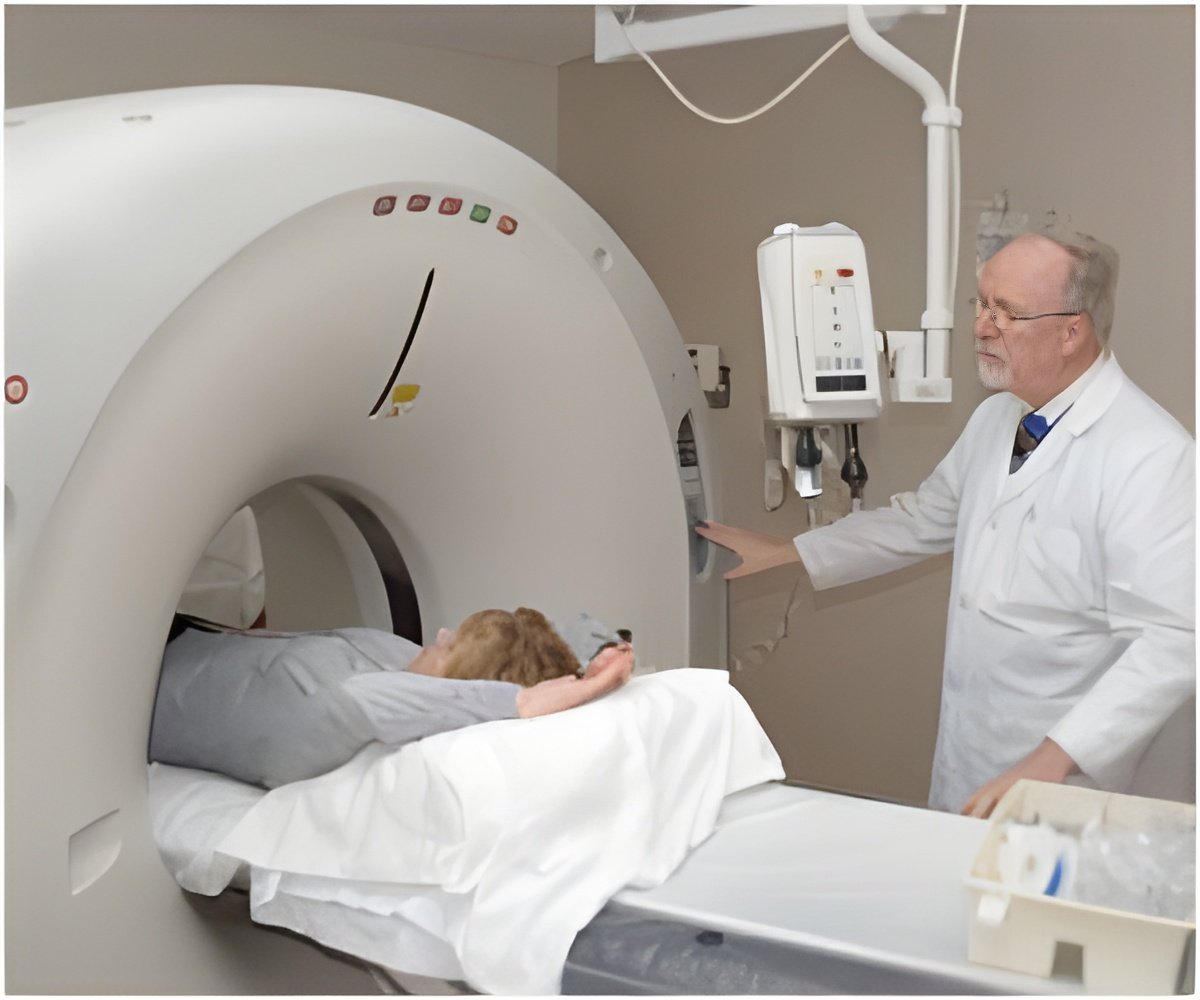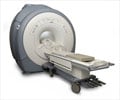A new revolutionized MRI scanner can help doctors to remove only the brain tumor without damaging any healthy tissue.

TOP INSIGHT
A new 'sat nav' operating technique for surgeons could double the chance of survival of brain cancer patients by removing tumors which were thought to be inoperable.
Hesham Zaki, head of the department of pediatric neurosurgery, said, “ The equipment puts the Sheffield hospital at the forefront of increasing survival rates from brain tumors in the UK and worldwide.”
Zaki said, “The fact we can use the MRI scanner during the surgery is a real step-change. Just like a sat nav, it tells me where I need to go. We scan the patient that we are operating on with their skull still open and the operation still ongoing.”
"The MRI images mean that we can be sure the tumor has been completely removed and nothing has been left behind before we finish the operation. This is important because some types of brain tumour can look like normal brain. This is a sea-change. Tumors that were inoperable can now be operated on," he added.
The MRI scan works along with a "brain lab" technology, which enables surgeons to pinpoint the exact location of a tumor in real time during the surgery. Then the doctors can use a medical probe or laser coming from the end of a microscope to "touch" tissue and tumor in the brain.
Mr. Zaki said, “Children's survival from brain tumors is almost entirely dependent on whether the surgeon is able to remove all of the tumor. Complete removal means there is a 70 percent to 80 percent chance of long-term survival. But if we leave some behind, this can drop to as low as 40 percent."
Source-Medindia
 MEDINDIA
MEDINDIA




 Email
Email










